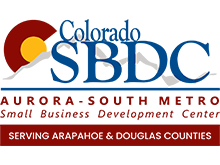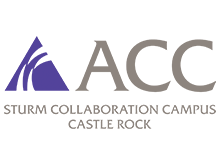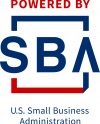Dirty Dozen 4 – Tax Return Preparer Fraud

Taxpayers Urged to Choose Reputable Tax Preparers
The majority of tax professionals provide honest, high-quality service. But there are some dishonest preparers who operate each filing season to perpetrate refund fraud, identity theft and other scams that hurt honest taxpayers. That’s why unscrupulous preparers who prey on unsuspecting taxpayers with outlandish promises of overly large refunds make the “Dirty Dozen” list. Read more here…
Tax return preparers are a vital part of the U.S. tax system. About 56 percent of taxpayers use tax professionals to prepare their returns. Selecting the right tax professional is critically important because taxpayers are ultimately responsible for what they submit on their tax return.
Choosing a Paid Tax Return Preparer – Fact Sheet
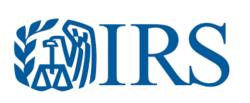

.jpg)


